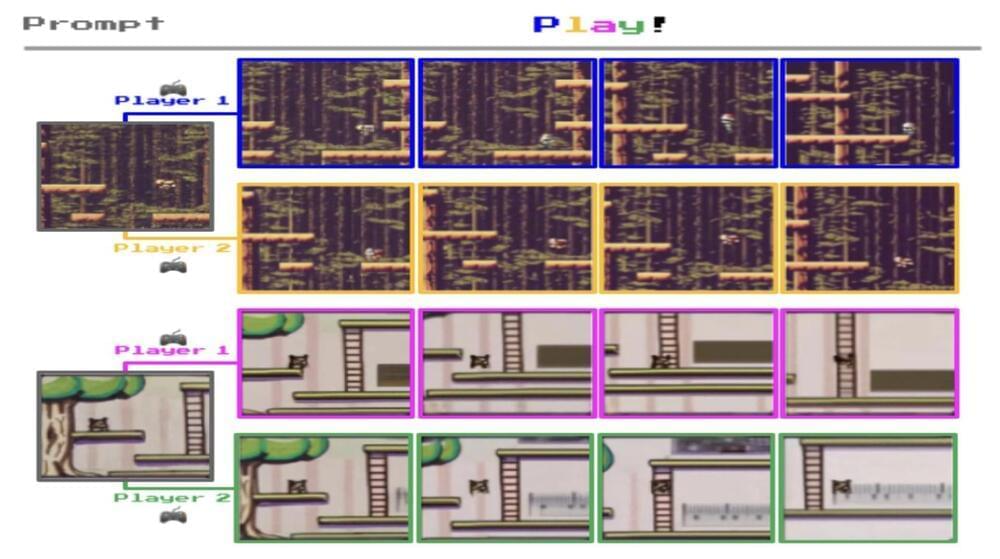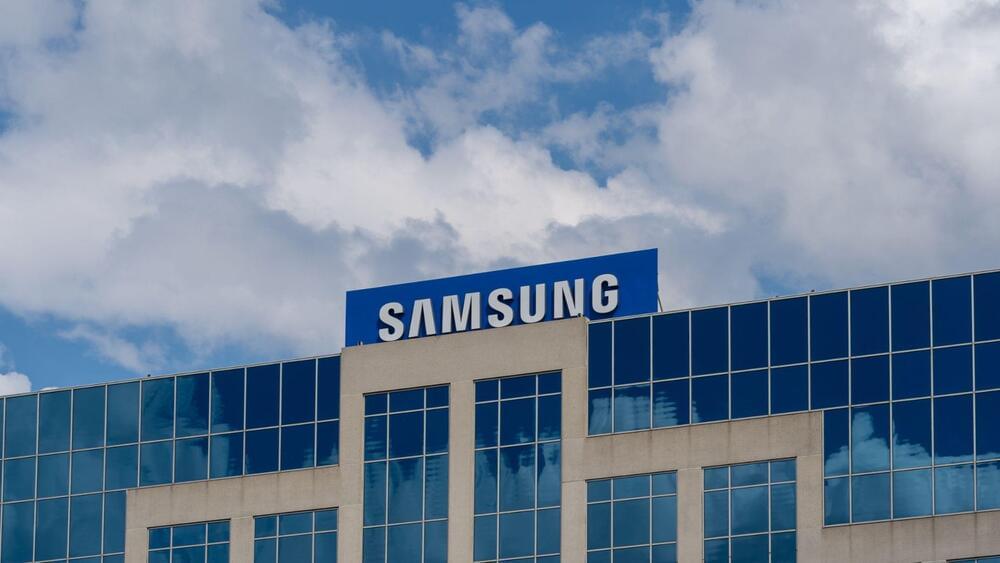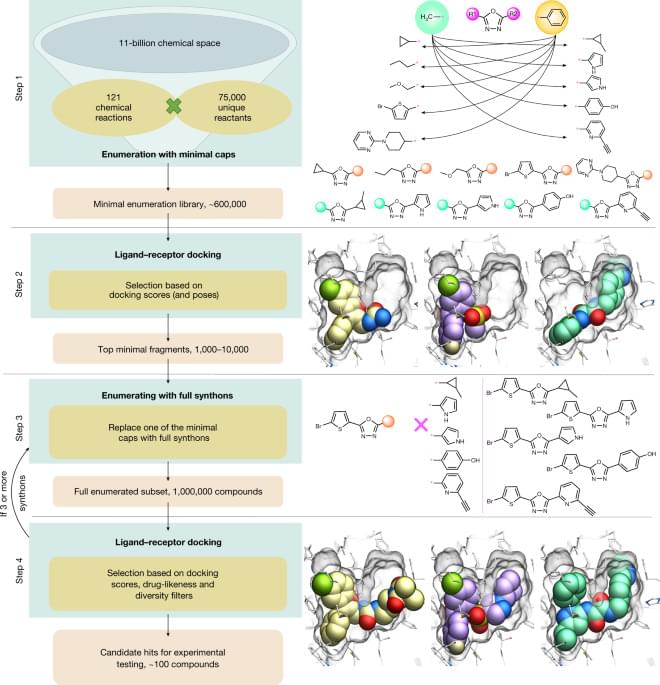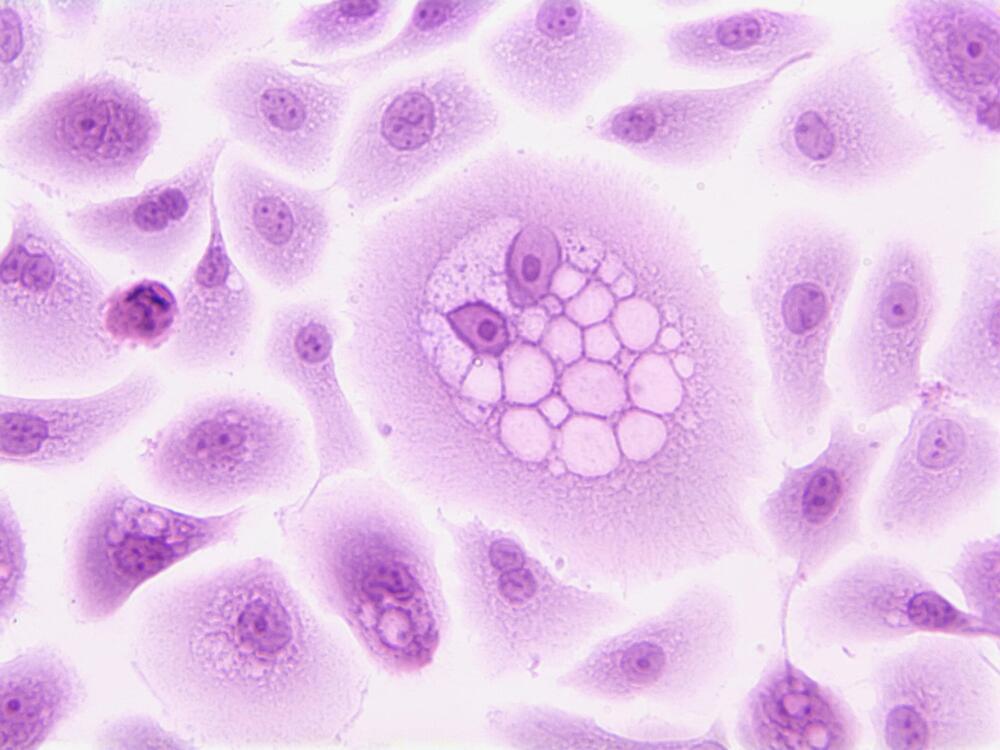The move also comes when Apple faces stiff competition from other tech giants in the electric vehicle space, such as Xiaomi and Sony.
Apple has reportedly finally given up on its long-running and secretive electric car project.
The project was dubbed Project Titan. According to a report by Bloomberg, the tech giant reportedly broke the news to its employees on Tuesday. The report said that many of the 2,000-strong car team will be reassigned to other areas, such as generative AI.
The decision to scrap the electric car project is a surprise, given that Apple has been on it for years. Reportedly it has even tested its autonomous driving technology on public roads.









